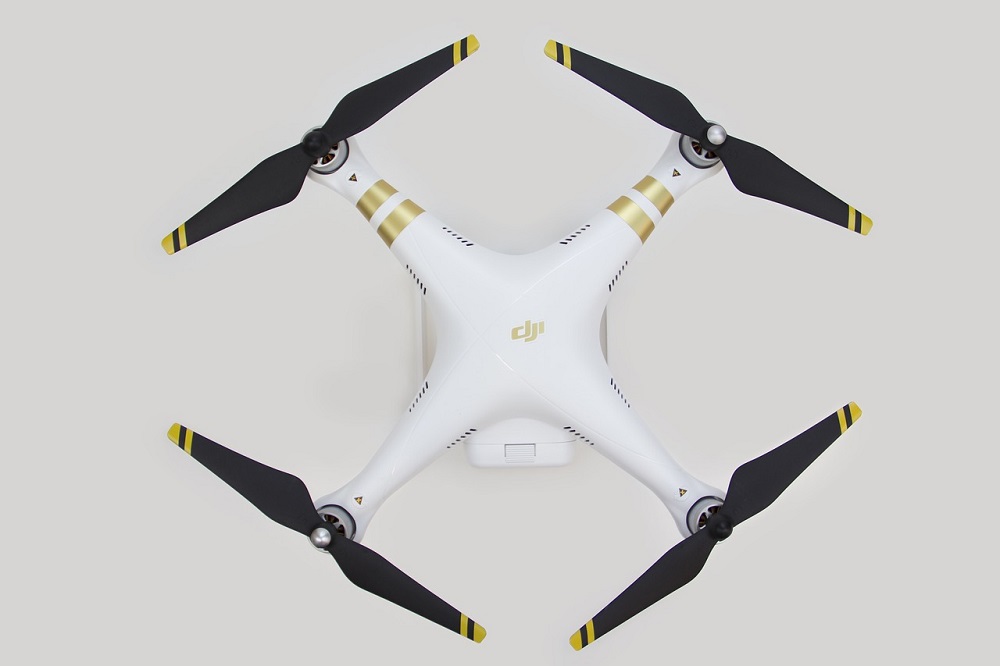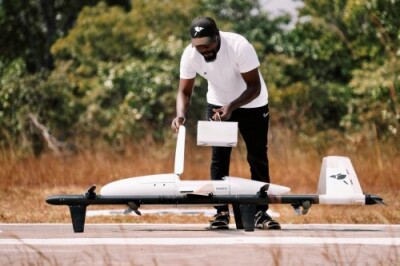With the U.S. Department of the Interior’s latest decision to ground its entire fleet of DJI drones, we are starting to see an increasing number of government agencies crackdown on Chinese made UAVs and UAV parts. At the Commercial UAV Expo, companies and individuals who work with or near government facilities expressed varying levels of concern with how this may affect their own operations.
The extent to which government policy may end up restricting UAVs and UAV parts from “non-cooperative countries” is still unclear. These details are currently under discussion in the House and the Senate, and opinions vary on where each will eventually land. This uncertainty has not stopped many from continuing to build up fleets of DJI drones, although this development underscored the various perspectives that are influencing such decisions.
Many have pointed out that DJI technology is too entrenched in government and commercial operations to realistically be restricted. They argue that the negative impact on the U.S. economy of especially restrictive legislation would be massive. Because drones are being used in key industries like infrastructure, construction, emergency response and many more, this kind of ban would breakdown key operations in the public sector. Certain companies that have come to rely almost solely on DJI drones would have to cease operations. They also note that there are too many mission-critical activities being conducted with these drones within the government itself for them to realistically pull these drones from service. Especially restrictive legislation would not only be costly but incredibly risky.
With DJI cornering over 75% of the drone market, many enterprise-level fleet currently working in the U.S. today utilize DJI drones in one way or another. Finding a cost-effective alternative to DJI drones has proven to be a real challenge, even for companies that want to find such an alternative. While companies like Skydio are prepared to present that alternative, companies that already have established drone programs aren’t likely to make the change lightly. What this means for manufacturers of drones is that they will have to provide clients with DJI-level affordability, quality, and performance if they are going to convince them to make the leap.
DJI said it was “disappointed to learn of this development” although the organization will certainly have much more to say in a direct and indirect response to this news. Brendan Schulman, Vice President of Policy & Legal Affairs at DJI, has repeatedly said that data is not their business while the company is making every effort to establish what it means to enable growth for the drone industry through transparency.
Despite these efforts, it’s clear that concerns about how data is being handled and stored by DJI remain. DJI needs to address them in a different manner to reverse the policies like the one the DOI just released and prevent other organizations from adopting a similar policy.
















Comments